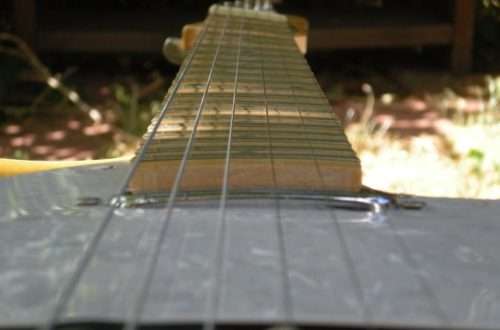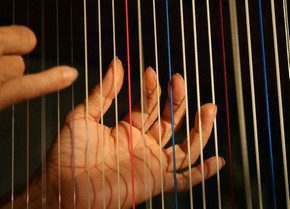Lyrical musical works
The center of any lyrical work is the feelings and experiences of a person (for example, an author or a character). Even when a work describes events and objects, this description passes through the prism of the mood of the author or lyrical hero, while epic and drama imply and require greater objectivity.
The task of the epic is to describe events, and the author’s view in this case is the view of an outside impartial observer. The author of the drama is completely devoid of his “own” voice; everything that he wants to convey to the viewer (reader) should be clear from the words and actions of the characters in the work.
Thus, of the three traditionally distinguished types of literature – lyricism, epic and drama – it is lyricism that is closest to music. It requires the ability to immerse yourself in the world of another person’s experiences, which are often abstract in nature, but music is best able to convey feelings without naming them. Lyrical musical works are divided into several types. Let’s look briefly at some of them.
Vocal lyrics
One of the most common genres of vocal lyrics is romance. A romance is a work written to a poem (usually a short one) of a lyrical nature. The melody of a romance is closely related to its text, and reflects not only the structure of the poem, but also its individual images using such means as rhythm and intonation. Composers sometimes combine their romances into entire vocal cycles (“To a Distant Beloved” by Beethoven, “Winterreise” and “The Beautiful Miller’s Wife” by Schubert and others).
Chamber instrumental lyrics
Chamber works are intended to be performed by a small group of performers in small spaces and are characterized by greater attention to the individual’s personality. These features make chamber instrumental music very suitable for conveying lyrical images. The lyrical principle in chamber music manifested itself especially strongly in the works of romantic composers (“Songs without Words” by F. Mendelssohn).
Lyric-epic symphony
Another type of lyrical musical work is the lyrical-epic symphony, which originated in Austro-German music, and the founder of which is considered to be Schubert (symphony in C major). In this kind of work, the narration of events is combined with the emotional experiences of the narrator.
Lyric-dramatic symphony
Lyrics in music can be combined not only with epic, but also with drama (for example, Mozart’s 40th Symphony). The drama in such works appears as if on top of the inherent lyrical nature of the music, transforming the lyrics and using them for their own purposes. Lyrical-dramatic symphonism was developed by composers of the romantic school, and then in the work of Tchaikovsky.
As we can see, lyrical musical works can take various forms, each of which has its own characteristics and is of interest to both listeners and musicologists.
Look to the right – you see how many people have already joined our group in contact – they love music and want to communicate. Join us too! And also… Let’s listen to something from musical lyrics… For example, a wonderful spring romance by Sergei Rachmaninov.
Sergei Rachmaninov “Spring Waters” – poems by Fyodor Tyutchev



